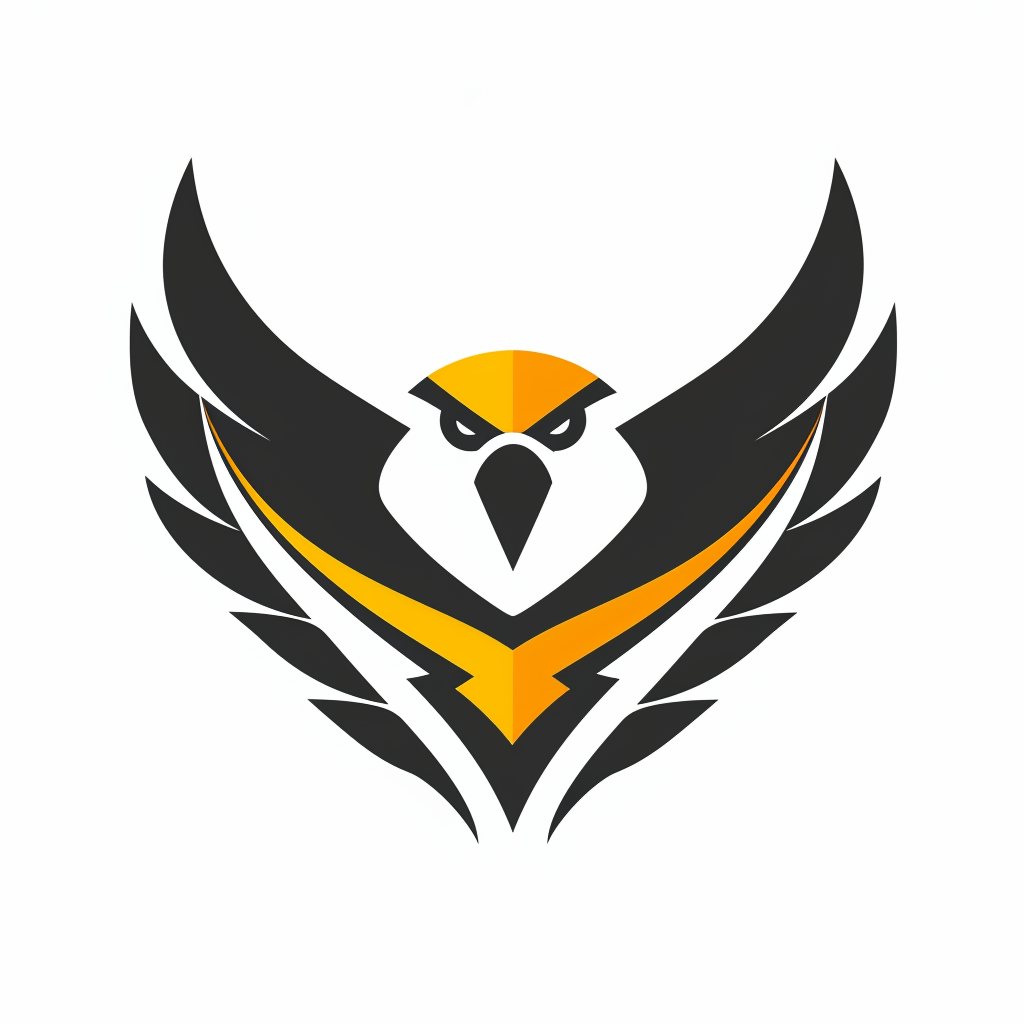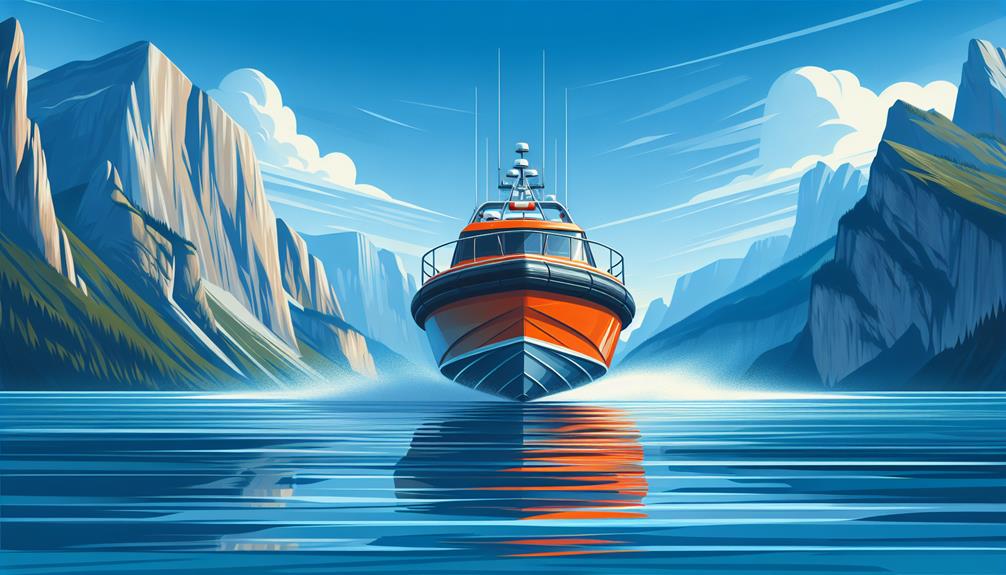So, you've decided to take safety seriously and invest in a boat that will ensure your peace of mind on the water. But let's face it, with so many options out there, finding the best safety boat can be a bit like navigating through a sea of choices.
What Is The Best Safety Boat
Fear not, for we are here to help you steer in the right direction. In this discussion, we'll explore the different types of safety boats, the key features to look for, as well as the advantages and disadvantages of each.
What Is The Best Safety Boat
By the end, you'll have a clearer picture of what to consider when choosing the best safety boat for your needs. But before we dive in, let's set sail on this intriguing journey together.
What Is The Best Safety Boat
Key Takeaways
What Is The Best Safety Boat
- When choosing the best safety boat, it is important to consider the specific needs of the environment and purpose of the boat.
- Key features to look for include stability, maneuverability, durability, safety equipment, and engine power.
- Different types of safety boats, such as inflatable boats and rigid-hulled inflatable boats (RHIBs), offer various advantages such as portability, durability, stability, and customization options.
- It is essential to consider the disadvantages of safety boats, such as their cost and maintenance requirements, and evaluate if they fit within the budget and operational needs.
Types of Safety Boats
What Is The Best Safety Boat
When it comes to safety boats, there are several different types to choose from, each designed for specific purposes and environments.
Safety boat options are crucial for ensuring the well-being and security of individuals on the water.
One common type of safety boat is the rescue boat. These boats are equipped with specialized equipment, such as life rafts, first aid kits, and rescue ropes, to assist in emergency situations.
Another type is the patrol boat, which is used for surveillance and enforcement purposes, ensuring compliance with safety regulations.
In addition, there are safety boats designed for specific environments, such as offshore safety boats used in rough seas and high winds. These boats are built to withstand and navigate challenging conditions, providing a safe haven for individuals in distress.
It's important to consider the specific needs of the environment and the purpose of the safety boat when choosing the appropriate option.
Key Features to Look for
To ensure the safety and effectiveness of a safety boat, it is essential to consider the key features that will meet your specific needs and requirements. Here are some important factors to consider when choosing a safety boat:
| Key Features | Description |
|---|---|
| Stability | Look for a safety boat with excellent stability, as it will provide a secure platform for rescue operations and ensure the safety of both crew and passengers. |
| Maneuverability | A safety boat should be easy to maneuver in different water conditions. Opt for a boat with responsive steering and good handling capabilities. |
| Durability | Choose a safety boat made from high-quality materials that can withstand rough conditions and regular use. This will ensure its longevity and reduce the need for frequent repairs. |
| Safety Equipment | Make sure the boat is equipped with essential safety gear, such as life jackets, fire extinguishers, and first aid kits. These items are crucial for emergency situations. |
| Engine Power | Consider the power of the safety boat's engine. It should be able to reach the required speeds quickly and maintain them efficiently. |
In addition to these features, it is important to prioritize safety boat maintenance and training. Regular maintenance will help keep the boat in good condition and prevent any potential issues. Safety boat training is also crucial, as it ensures that the crew is well-prepared to handle emergencies and operate the boat safely.
Advantages of Different Safety Boats
Different safety boats offer various advantages that cater to specific needs and requirements. When it comes to safety on the water, inflatable boats have several advantages that make them a popular choice for many. Here are some benefits of having a safety boat, specifically an inflatable one:
- Portability: Inflatable boats are lightweight and easy to transport. They can be deflated and folded, allowing you to easily store and transport them in a car trunk or even carry them by hand.
- Durability: Inflatable boats are made from tough materials such as PVC or Hypalon, which are resistant to abrasions and punctures. This makes them highly durable and able to withstand rough conditions.
Additionally, other safety boats, such as rigid-hulled inflatable boats (RHIBs), also offer their own set of advantages:
- Stability: RHIBs have a solid hull, providing excellent stability even in choppy waters. This makes them ideal for rescue operations and other demanding tasks.
- Versatility: RHIBs can be customized and equipped with various accessories like rescue platforms, towing hooks, and navigation systems. This versatility allows them to be used for a wide range of activities, including search and rescue, dive support, and patrolling.
Disadvantages to Consider
While inflatable boats and rigid-hulled inflatable boats (RHIBs) have numerous advantages, it's important to consider the potential disadvantages of using these safety boats.
One major disadvantage to consider is the cost. Both inflatable boats and RHIBs can be expensive to purchase, especially when compared to other types of safety boats. Additionally, the maintenance requirements of these boats can also be quite costly.
Inflatable boats may require regular inspections and repairs to ensure they remain in good working condition. They may also need to be re-inflated periodically, which can require special equipment.
RHIBs, on the other hand, have more complex systems that need regular maintenance, including the engines, navigation equipment, and hull. The cost of servicing and repairing these components can add up over time.
Therefore, when considering inflatable boats or RHIBs as safety boats, it's essential to carefully evaluate the cost considerations and ongoing maintenance requirements to ensure they fit within your budget and operational needs.
Factors to Consider When Choosing the Best Safety Boat
Considering the potential disadvantages of inflatable boats and RHIBs, it's important to carefully evaluate several factors when choosing the best safety boat. To ensure the safety and reliability of your safety boat, you need to consider the following:
- Maintenance: Regular maintenance is crucial in keeping your safety boat in optimal condition. This includes checking and repairing any damages, inspecting and replacing necessary equipment, and ensuring the boat is clean and free from debris. Neglecting maintenance can lead to equipment failure or reduced performance, compromising the safety of the boat and its occupants.
- Operator Training and Certification: Safety boat operators should undergo proper training and certification to ensure they have the necessary skills and knowledge to handle emergencies and operate the boat safely. Training programs should cover topics such as boat handling, navigation, rescue techniques, and first aid. Certification validates the operator's competency and ensures they are up-to-date with the latest safety protocols.
Conclusion
When it comes to safety boats, there's one clear winner that surpasses all others in protecting lives and ensuring peace of mind – the ultimate safety boat.
With its unmatched features and unrivaled performance, this extraordinary vessel takes safety to a whole new level.
Whether you're navigating treacherous waters or facing unpredictable conditions, the best safety boat will always have your back, making it an indispensable companion for any maritime adventure.
Don't settle for anything less than the absolute best when it comes to your safety.

